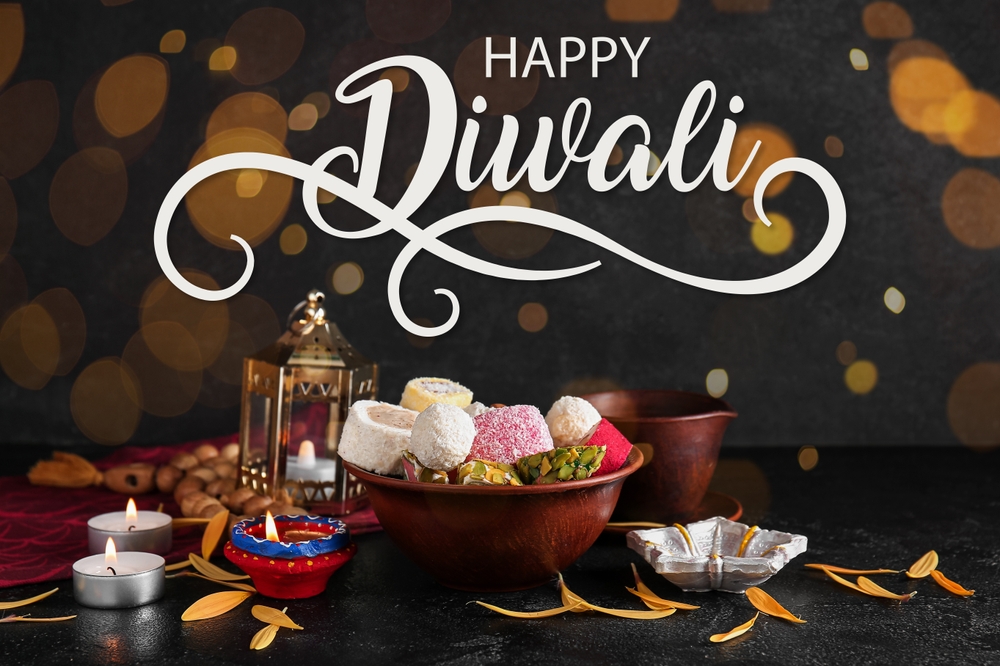
Diwali, also known as Deepavali, is one of the most celebrated and revered festivals in India and among Indian communities worldwide. It is a festival that transcends borders, religions, and cultures, spreading the message of light, hope, and the triumph of good over evil. In this blog, let’s embark on a journey to explore the significance, traditions, and the profound cultural impact of Diwali.
The Festival of Lights
Diwali, a Sanskrit word meaning “Row of Lights,” is a five-day festival that typically falls in October or November, depending on the Hindu lunar calendar. The festival’s central theme is the victory of light over darkness, symbolizing the triumph of righteousness and knowledge over ignorance and evil. As dusk falls, millions of lamps and candles illuminate homes, temples, and public spaces, creating a mesmerizing spectacle.
Significance and Legends
Diwali holds deep religious and mythological significance. It is associated with several legends and stories from Hindu mythology, the most well-known being the return of Lord Rama to Ayodhya after his epic battle with the demon king Ravana. His return is celebrated with lighting lamps, hence the name “Festival of Lights.” Diwali also commemorates the victory of Lord Krishna over the demon Narakasura and the worship of Goddess Lakshmi, the deity of wealth and prosperity.
Rituals and Traditions
Diwali is a festival rich in rituals and traditions, and the celebrations vary across regions and communities. Some common customs include:
Cleaning and Decorating: Weeks before Diwali, homes are thoroughly cleaned, and decorations are put up to welcome the goddess of wealth, Lakshmi, and to create a festive atmosphere.
Lighting Lamps and Diyas: Lighting oil lamps (diyas) and candles is a central ritual symbolizing the dispelling of darkness and the illumination of one’s life with knowledge and prosperity.
Rangoli: Elaborate and colorful designs made with colored powders, rice, or flower petals adorn the entrances of homes, adding to the festive charm.
Puja and Prayers: Families offer prayers and perform special puja rituals, seeking blessings for happiness, prosperity, and well-being.
Exchanging Gifts: Gifting is an integral part of Diwali, symbolizing love and goodwill. Friends and family exchange sweets and presents.
Feasting: Diwali is a culinary delight, with families preparing an array of sweets and savory dishes to share with loved ones and guests.
Diwali Beyond India
While Diwali is most prominently celebrated in India, its influence has spread far and wide. Indian communities across the globe mark this festival with great enthusiasm, creating a sense of unity and cultural connection. Diwali celebrations can be witnessed in countries like Nepal, Sri Lanka, Malaysia, Singapore, Fiji, the United States, the United Kingdom, and many more.
The Message of Diwali
At its core, Diwali is not just about rituals and festivities; it carries a profound message of hope, renewal, and the triumph of good over evil. It encourages us to dispel the darkness in our hearts, embrace knowledge, and share the light of love, compassion, and unity with others. Diwali reminds us that even in the darkest of times, there is always a flicker of hope and goodness that can guide us towards a brighter future.
As we explore the beauty and significance of Diwali, let us also take a moment to appreciate the diversity of cultures and traditions that make our world richer and more colorful. Diwali serves as a beacon of light, reminding us of the universal values of love, joy, and unity that bind us all together, regardless of our backgrounds or beliefs.

